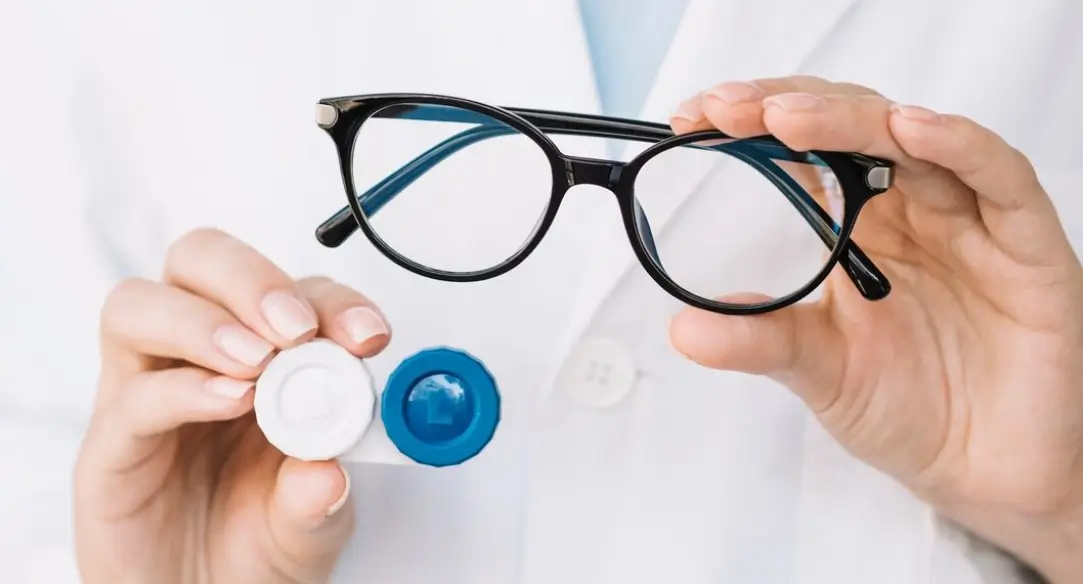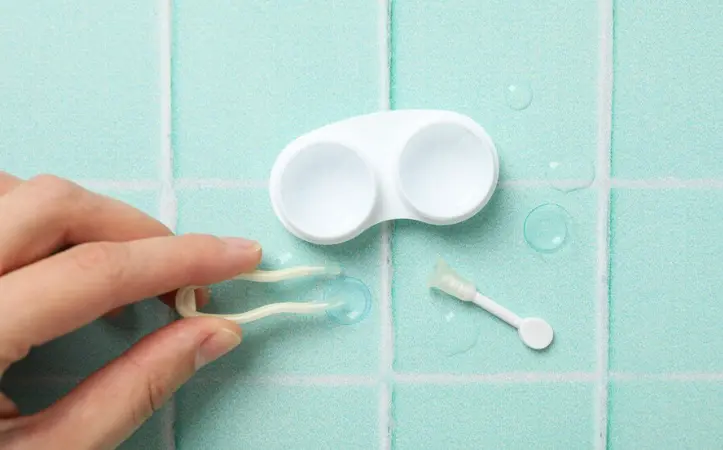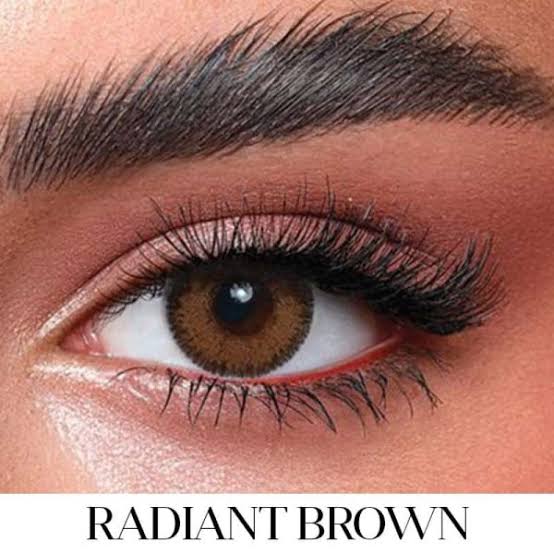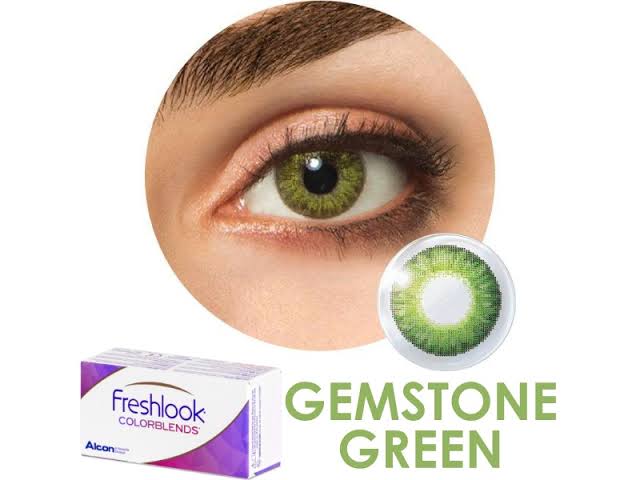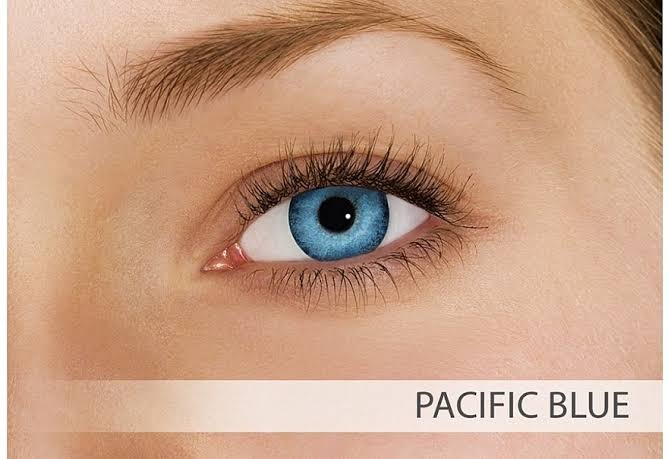Eyeglass lenses are crucial components in correcting vision. They come in various materials and coatings to suit different needs.
Selecting the right eyeglass lenses can transform your vision and enhance your daily life. Whether you require single-vision lenses to correct nearsightedness or progressive lenses for presbyopia, the options are vast and customizable. Lenses like polycarbonate or Trivex offer durability and are a great choice for children’s glasses or active individuals.
Anti-reflective coatings improve clarity and reduce glare, ideal for both computer users and nighttime drivers. With advances in optical technology, modern lenses can also protect your eyes from harmful UV rays and blue light, leading to better eye health and comfort. Understanding the variety of lens types and features available ensures optimum comfort, protection, and visual acuity, tailored to your lifestyle needs.
Best Contact For Dry Eye
Choosing the right contact lenses for dry eyes can be a challenge. With the plethora of options available, it’s crucial to opt for lenses that offer adequate moisture and comfort. Hydration is key in alleviating the irritation associated with dry eyes, and certain lens materials are specifically designed to maintain moisture throughout the day.
Many brands now incorporate innovative technology to minimize dryness, such as using hydrogel materials or embedding moisture-retaining agents directly into the lens. Consulting with an eye care professional can help determine the best lens for your individual needs, ensuring that your vision remains clear and your eyes comfortable, even through long periods of wear.
Best Eyeglass Lenses Brands
Selecting the right brand of eyeglass lenses can significantly impact your vision and comfort. Renowned manufacturers offer advanced technologies and materials, ensuring their lenses stand out in the crowded marketplace. With high-index plastics and progressive designs, some brands cater to those seeking thinner, lighter options without compromising on clarity.
Others prioritize protective coatings, with features such as scratch resistance, anti-glare, and UV protection. For the visually demanding lifestyle of today, brands have introduced adaptive lenses, seamlessly transitioning from clear indoors to tinted outdoors. Users with complex prescriptions often favor brands that specialize in customized solutions, offering precise visual enhancement.
By researching and comparing these top-tier labels, consumers can find the perfect match for their optical needs, lifestyle, and fashion preferences.
Progressive Lenses
Selecting the right eyeglass lenses can transform your vision experience, and progressive lenses stand at the forefront of multifocal technology. These innovative lenses cater to those needing correction for presbyopia, seamlessly integrating multiple prescription strengths. Unlike bifocals or trifocals, which can abruptly change from one magnification to another, progressive lenses offer a smooth transition between distances, providing clear vision at all ranges.
Ideal for an active lifestyle, they eliminate the need to switch between different pairs of glasses, ensuring comfort and convenience. With precise customization, they mitigate the ‘jump’ effect and represent the pinnacle of personalized eyewear solutions. Embracing progressive lenses means embracing visual clarity with a modern touch—no discernible lines, just a continuous field of clear vision that mimics natural sight.
Bifocal Lenses
Bifocal lenses offer a convenient solution for individuals with presbyopia, which is the age-related difficulty in focusing on close objects. By combining strengths for both near and distance vision, bifocals allow for a seamless transition between viewing ranges without the need to switch between multiple pairs of glasses.
Typically, the upper part of the lens contains the prescription for distance while the lower segment is adjusted for closer activities like reading. With advancements in eyewear technology, these lenses have become more sophisticated, providing clearer lines of sight and a reduction in the visual “jump” that early bifocal wearers experienced.
Not only functional but also stylish, modern bifocals can be found in various frame designs to suit individual tastes and lifestyles. Opting for bifocal lenses could mean experiencing fewer headaches and eye strain, which often accompany the strain of switching focus between different visual tasks.
Lens Coatings
Choosing the right eyeglass lenses can significantly enhance vision quality and comfort, with lens coatings playing a pivotal role. These specialized layers, applied to the surface of lenses, serve functions such as reducing glare, resisting scratches, and repelling water. Anti-reflective coatings are particularly beneficial for reducing eye strain during prolonged computer use or driving at night.
For individuals who spend ample time outdoors, UV-coating can provide crucial protection against harmful ultraviolet rays. Scratch-resistant coatings help extend the lifespan of the lenses, preserving clarity and vision. Meanwhile, those looking to combat smudges and fingerprints might find hydrophobic coatings indispensable.
Each of these coatings contributes to a tailored eyewear experience, designed to meet the specific needs and lifestyles of the wearer. Selecting the appropriate combination of lens coatings can drastically improve both the durability of the lenses and the overall visual experience.
Blue Light Glass
Staring at screens for extended periods can take a toll on your eyes. Blue light glasses are designed to alleviate the strain by filtering out the blue light emitted by digital devices, which is believed to be responsible for eye fatigue and disrupt sleep patterns.
They come with specialized lenses that are coated to block or absorb blue light, offering relief for those who spend hours in front of computers and smartphones. Integrating these glasses into your daily routine could therefore be a boon for your visual health, potentially reducing glare and enhancing contrast to make screen reading more comfortable.
Not only can they lessen digital eye strain, but they might also improve your sleep quality by minimizing blue light exposure before bedtime.
Frequently Asked Questions On Eyeglass Lenses
What Are The 3 Types Of Lenses For Glasses?
The three types of lenses for glasses are single vision, bifocal, and progressive lenses. Each type corrects different vision issues for enhanced clarity.
Who Makes The Highest Quality Eyeglass Lenses?
Zeiss, Essilor, and Hoya are renowned for manufacturing high-quality eyeglass lenses. Each brand offers innovative features and superior clarity, ensuring premium vision solutions for consumers.
Can I Just Order Lenses For My Glasses?
Yes, you can order lenses for your current glasses frames from optical shops or online lens providers. Ensure your prescription is up-to-date before ordering.
How Do I Know What Lenses To Get For My Glasses?
Consult with your optometrist for a prescription tailored to your vision needs. Consider lens material, coating options for durability, and your lifestyle to pick the right type of glasses lenses.
What Are The Types Of Eyeglass Lenses?
Different eyeglass lenses include single vision, bifocal, trifocal, progressive, and materials like polycarbonate or high-index plastics.
Conclusion
Selecting the right eyeglass lenses can transform your vision experience. Remember, your lifestyle and vision needs should dictate your choice. With advances in technology, finding a lens that’s both comfortable and functional has never been easier. Explore your options, consult with a specialist, and enjoy the clarity that the perfect pair of lenses can bring to your life.

